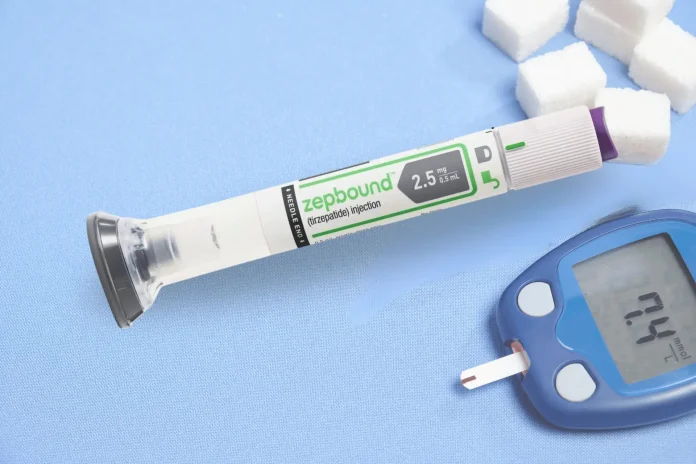The U.S. Food and Drug Administration (FDA) has given the green light to Eli Lilly’s recreated diabetes drug, Zepbound, as a unique weight-loss solution.
About Eli Lilly
Established in 1876 by Colonel Eli Lilly, a man with the mission of creating reliable and high-quality medicines for those in need. His motto for his employees was “Take what you find here and make it better and better”, and after 145 years, all the employees in this company still follow his commitment with the same dedication.
Zepbound for Chronic Weight Management
Zepbound is ready to take the lead in diabetes drugs after being repurposed for chronic weight management alongside Novo Nordisk’s Wegovy. This weekly injection has shown remarkable results in losing weight, with some participants losing between 40 and 60 pounds during testing.
FDA’s Approval Criteria for Zepbound
The FDA’s approval centers on Zepbound’s application for obese individuals with a body mass index (IBM) of 30 or higher. Also, individuals categorized as overweight with health-related conditions like high blood pressure, high cholesterol, or diabetes can benefit from the drug. The FDA highlights the importance of pairing Zepbound with a reduced-calorie diet and regular exercise.
How Zepbound Works
Zepbound and its predecessor, Mounjaro, utilized tirzepatide and semaglutide to mimic hormones that regulate appetite and fullness, especially after meals. These drugs imitate glucagon-like peptide-1 (GLP-1) and, in the case of tirzepatide, target a second hormone called glucose-dependent insulinotropic polypeptide (GIP).
Zepbound Outperforms Wegovy in Weight Loss
The efficacy of this drug is supported by essential data gathered from extensive studies involving over 2,500 participants. Those without diabetes who received the highest dose experienced an 18% weight loss, approximately 41 pounds. Zepbound appears to surpass Wegovy, with approval experts calling it the “most highly efficacious drug ever approved for the treatment of obesity”.
Side Effects and Challenges
While praised for its efficacy, it has side effects, including vomiting, nausea, diarrhoea, and gastrointestinal problems. At the same time, researchers have shown some concerns regarding the accessibility of the drug, as its affordability and insurance coverage have limitations.
Price and Availability
Eli Lilly and Co. have set the pricing list for Zepbound at approximately $1,000 a month, matching the cost of its predecessor, Mounjaro. Though the accessibility of this drug in the U.S. is expected by the end of this year, issues with insurance coverage have created some concerns among the researchers.
For patients with diabetes and other health-related issues, this new drug by Eli Lilly and Co. can be proven to be a very beneficial step, improving the lives of many. As the insurance funding clears, the expected release of this drug by year-end can revolutionize this medical field.



